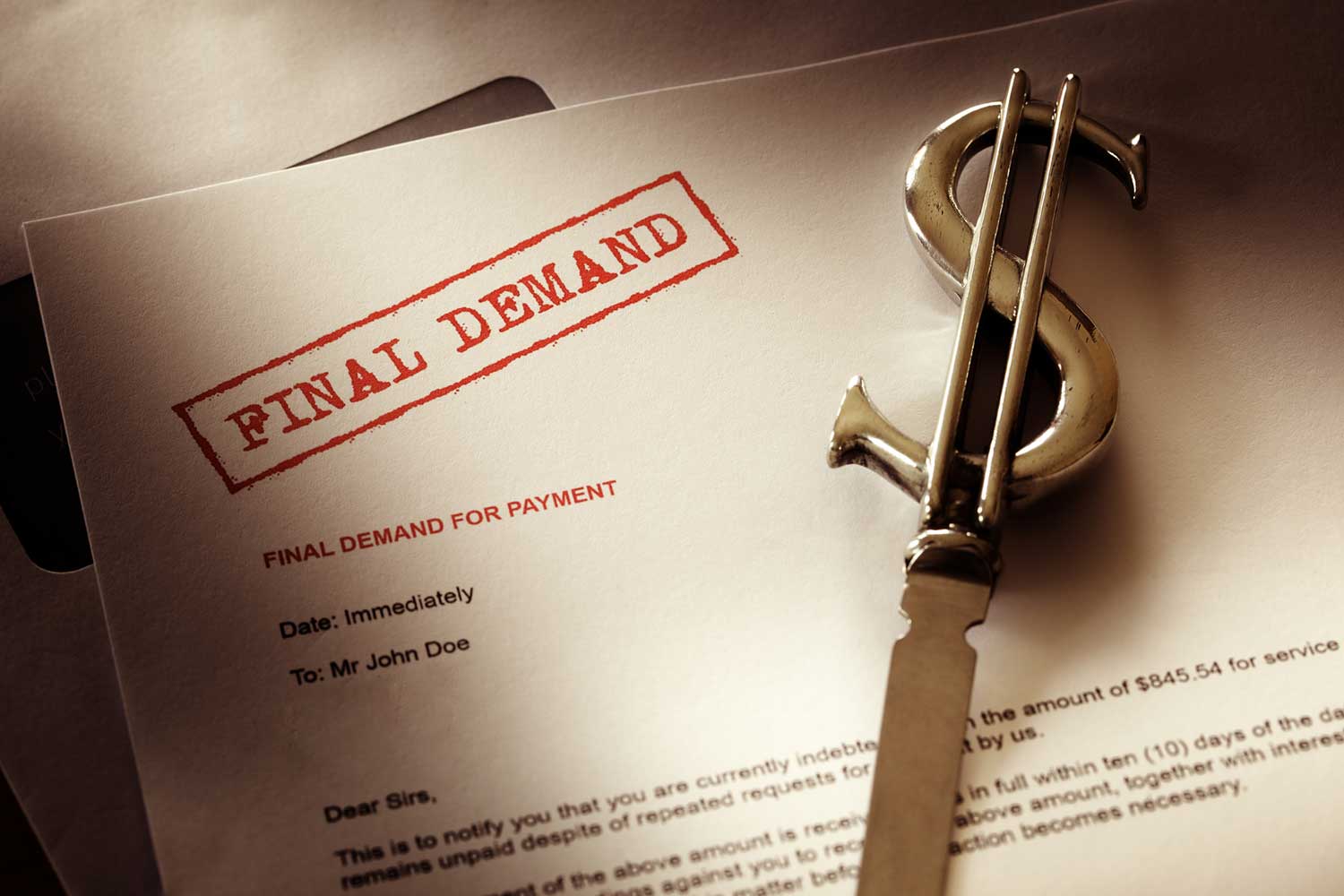Are you in the process of buying your first Strata Unit?
You love the convenient location, gated safety, view from the balcony, and the fact that there’s less to clean and maintain. There’s a great gym, pool, games room, and BBQ facilities, and your own parking space … everything you ever wanted … but STOP.
Before you buy, be fully armed with information on everything you need to know as a strata unit owner. This also gives you a general feel for how well the strata is managed, and what type of people you will be involved with.
Due Diligence on Strata Properties
As a buyer, make sure you get all this information before signing the contract or within your cooling-off period.
- A copy of the full Strata plans including Unit Entitlement.
- Minutes of the most recent AGM and any subsequent EGMs.
- The most recent statement of account for the strata company.
- Any information about termination proposals that have been put to the strata.
- The amount and due date(s) of any determined strata levies.
- Details of any debt the seller have to the strata company.
- Copies of any exclusive use by-laws or Management Statements.
The Vendor may have provided such information to the Agent but it’s highly recommended you have the Strata Management Records inspected by an independent Strata Inspector who for a fee will provide a full Strata Report which covers all of the above.
What is a Strata Report
A strata inspection report is a full review of the Owners Corporation records. Before you spend a small fortune on a strata-titled unit or townhouse, it’s good to know the kind of people and issues you’ll be dealing with. And it could save you from buying a property that’s going to cause you financial and emotional stress in years to come.
What does a Strata Report Cover?
A strata inspection report covers all the aspects involved in running and maintaining a block of properties, and all the common areas that go with it, including:
- Current property ownership and voting rights
- Structural or building defects
- Planned or previous major works
- Quarterly levies and proposed special levies
- Sinking fund forecast
- Strata scheme insurance
- Pet policies
- Compliance documentation
- Disputes or breaches of by-laws
- Minutes from Annual General Meetings and Executive Committee Meetings.
How much does a Strata Report Cost?
Strata inspection fees can vary. As a guide, a strata report usually costs between $250-$350.
Make sure you shop around and find a qualified strata searcher. Don’t be tempted to take on the strata search yourself, because you need to know what you’re looking for. We can arrange the same on your behalf with our recommended inspectors.
What to look for in your Strata Report?
Not all strata managers will be organised enough to have all the paperwork. Some may even withhold vital information about building defects in an attempt to preserve property values. Whilst you can’t control everything, you can control how diligently you review your strata report to see what’s missing.
Here are five key areas to pay special attention to:
- Financial records– Is the Owners Corporation raising enough money to run the building? Is there a big enough reserve to cover ongoing maintenance and larger one-off costs should they come up? Take a look at all special and quarterly levies and how those levies are being spent. It’s also worth checking the Administrative Fund and Capital Works Fund. The Administration Fund covers the smaller day-to-day expenses of the strata scheme. Whilst you wouldn’t expect to find a large balance in this fund, there should be enough to cover small outgoings. The Capital Works Fund covers larger scale projects and maintenance and the forecast for this is usually done by a professional such as a quantity surveyor. The forecast is a good indicator of whether the owners are collecting enough to cover future planned works.
- Disputes– Is there any evidence of disputes between building residents or within the Owners Corporation? Whether you’re planning to live in the property or not, you’ll want to make sure there’s a harmonious track record.
- Building defects– Keep a very close eye out for major building defects such as falling facades or water penetration in the building’s history. You won’t get a prediction of the future, but past records can provide some indication of the building’s current state. If you’re buying into a new building, it’s also a good idea to research the builder and developers. Visit their websites and your state’s Fair Trading website to check they are properly licensed with no disciplinary action against their record. Talking to existing owners in the building may also uncover any issues with the building. Studies show that a staggering 80% of new buildings have defects, so doing your research is vital.
- Compliance with legislation– Does the Owners Corporate comply with fire safety & WHS requirements, strata insurance, and asbestos management? If they’re not properly meeting their legal obligations this should be a red flag.
- Poor strata management– Can you trust the strata manager to keep the necessary paperwork up to date, look after the financials and resolve any issues or concerns building residents may have? Make sure you read all available meeting minutes and written correspondence to see how issues have been handled.
If you find there are gaps in your strata report, don’t be afraid to follow up and ask for more information. It’s your money, and you’re fully entitled to get the full picture before you buy.
Strata By-Laws
Living in a strata unit may not be as flexible as living in a freehold property because of bylaws, which define what you can or cannot do under a strata scheme. Bylaws may dictate whether you can keep a pet, what restrictions there are on noise levels, and where you can store bulky items like boats and caravans.
Strata Insurance
As a strata owner, your insurance needs are different from freehold property owners as there is likely to be joint building insurance, which covers the external walls, roofs, driveways at a minimum up to the entire property complex.
As a unit owner, you will need to get separate building insurance for what is not covered in the joint building insurance, as well as your own contents insurance. Your conveyancer can help you look at the fine print and determine what the joint strata insurance covers.
Common Property
With a strata title, you are buying into two types of ownership – full ownership of your unit, and part ownership as ‘tenants-in-common’ of what is called common property. Common property is collectively owned by all the individual unit or lot owners but managed by the strata company.
The bigger and more luxurious the whole building complex is, the higher the value of common property, as it may cover amenities like gyms, swimming pools, and function areas, as well as lobbies, landscaped gardens, wiring, lifts, car parks, external walls, windows, walkways, and ceilings.
Strata Levies
As a strata unit owner, you are part owner of common property, and therefore need to pay strata levies, which are financial contributions for the maintenance and upkeep of the common property. How much each owner pays towards this expense depends on the unit entitlement of their lot, which is outlined in the strata plan.
Special Levies
A special levy is a specific shared building expense for work on common property that is unexpected or not budgeted for. Special levies come in addition to monthly or quarterly strata fees and can sometimes run to thousands of dollars.
Special levies are brought up during general meetings held by the strata company. This is an example of a topic for a collective decision (or ‘Resolution’) to be made by voting at a general meeting, by the group of strata owners (or ‘body corporate’). If a resolution requires voting between sale and settlement, the seller should give the buyer the opportunity to instruct the seller how to vote.
Implications related to a Strata Company
As a tenant in common who needs to pay part of the maintenance cost of common property, you may be at risk for hidden liabilities if the strata company requires any unexpected or un-budgeted maintenance expenses.
Many buyers don’t realise they expose themselves to huge financial risks and potentially nasty experiences if they don’t do their due diligence on the strata company to check its financial and performance history.
Few buyers of strata properties read and understand the strata company’s financial information that is provided to them, prior to signing their contract. This should be a key part of a potential buyer’s due diligence, so make sure you do this before committing to buying a strata unit.
Why it is important to review the Strata Company
The strata company is responsible for managing and maintaining common property shared by Lot owners, but maintenance costs are paid collectively by lot owners through strata levies.
The annual budget strata companies set aside for strata maintenance expenses span from hundreds to millions. The strata company should hold a reserve on top of their maintenance budget, but this has not always been enforced in older strata properties.
A proper review of strata company documents allows buyers to understand the strata company’s financial stability and whether it is capable of managing and upkeeping common strata assets.
Some strata companies may bring some costly yet very real scenarios which make strata owners liable for unexpected maintenance costs on top of regular strata fees. The unit you purchase may be structurally sound and perfect, but there may arise unexpected contributions needed from strata unit owners too, for example:
- repair cracks in an external lobby wall,
- correct structural defects in construction after the builder has declared bankruptcy, or
- pay maintenance bills when the strata company runs out of reserve funds.
Be Informed!
You can make the best buying decision to get the most enjoyment out of your strata unit, and minimise nasty surprises when you are fully informed of what is going on, and what to expect.
To make a well-informed decision before buying, also note the following:
- Know the types of strata property to fully understand what you can or cannot do with your property, and what potential risks or liabilities you may be exposed to.
- To know exactly what you will own, look up the strata plan and unit entitlement documents.
- To understand what your portion of strata costs is, read through the unit entitlement document and financials carefully.
- If you are buying off the plan, research and understand the requirements for additional disclosures and discuss this with your Conveyancer.
Need assistance to buy your Strata Title Property?
Buying strata lots can be more complex than buying non-strata properties. Our experienced and supportive Conveyancers at Hunter Legal & Conveyancing would love to help you understand what to look out for so your experience is a better-informed and positive one. Do not hesitate to contact our office to speak with one of our friendly team members today on 1300 224 828.




